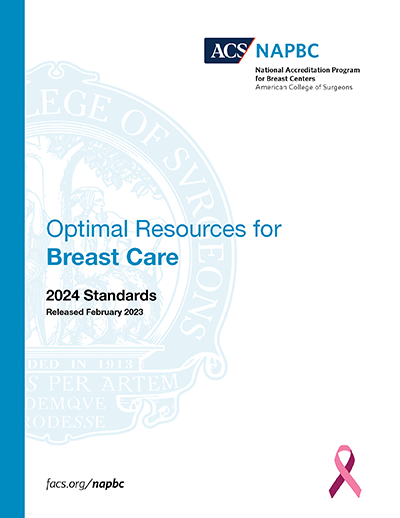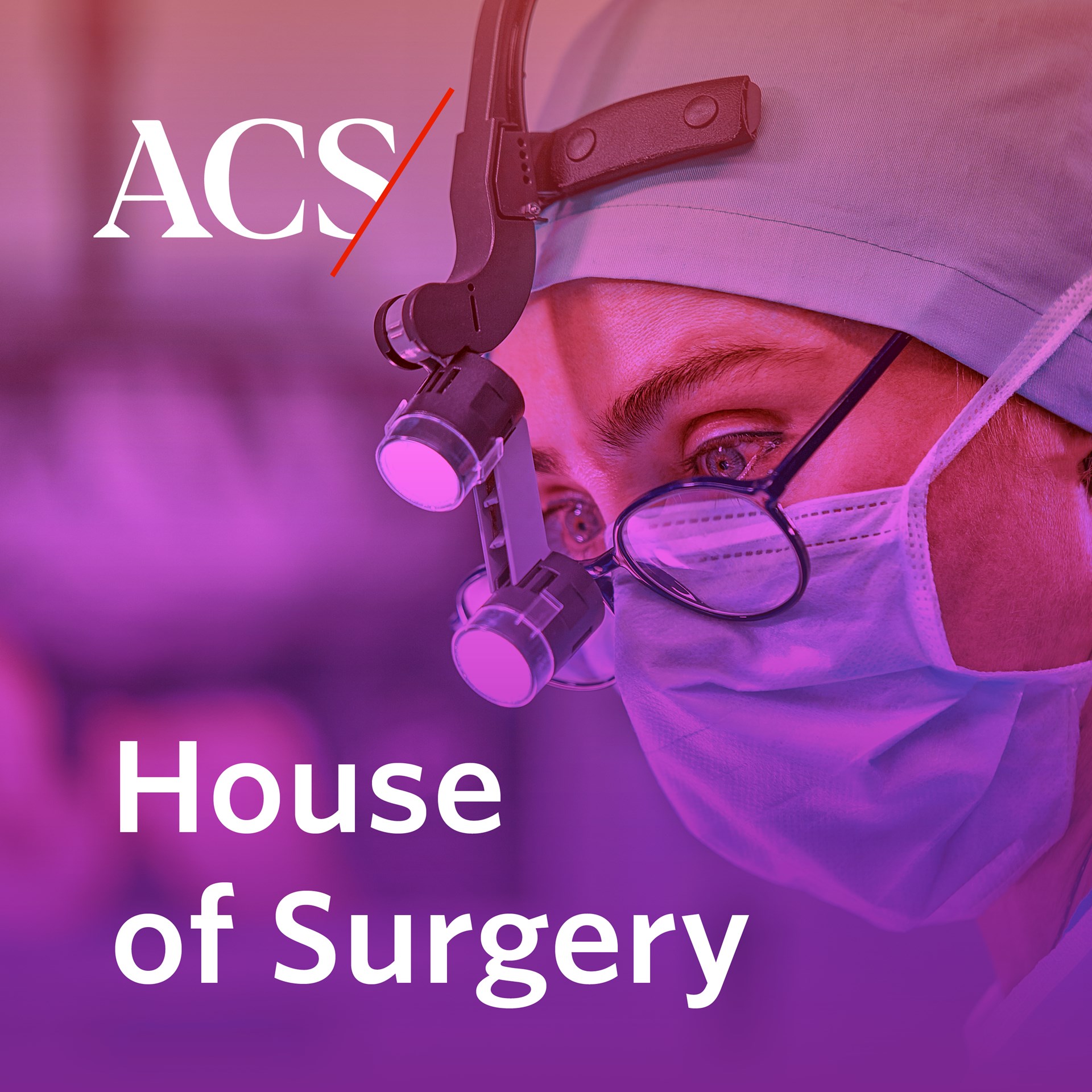Because advanced practice providers (APPs) are an important component of the global delivery of healthcare, and multiple programs have been developed to train and graduate APPs, the 2022 ACS Leadership Survey inquired about use of and attitudes on APPs by ACS leaders in their institutions.
The quantitative survey was distributed to ACS volunteer leaders, including members of the Advisory Councils, Board of Governors, and more than 20 additional ACS Committees in September 2022. A total of 470 responses were received for a response rate of 63%.
Most respondents (78%) indicated they utilize APPs—primarily nurse practitioners and physician assistants—in their organization/practice, and almost all respondents (95%) were extremely satisfied/somewhat satisfied with the performance of APPs.
APPs are primarily used in postoperative care (94%), preoperative care (86%), and patient and family communication (77%). APPs allow for an increase in patient capacity (67%) and provide more time for a surgeon’s focus on acute patients (66%). Other valuable benefits of having APPs include that they allow residents to comply with duty hours, provide improved communication and enhance patient/family experience, facilitate an increase access to patients, and help improve work/life integration for the physician.
Among the 17% of respondents who do not use APPs, 26% indicated APPs take time away from residents. Other reasons included that APPs are “not needed,” lack of hospital support, and difficulty with availability of APPs in certain geographic areas.
Although 74% of respondents were extremely satisfied/somewhat satisfied with the competency of APP program graduates entering surgical practice, 69% believe APPs should be required to complete a clinical internship or training period following graduation and before clinical practice. 66% of respondents said they believe it is extremely/very important for the ACS to be involved with establishing requirements for APP training, and approximately 59% of respondents indicated it is important for the ACS to be involved in verifying APP training programs.
This article is the second in a series of brief summaries focusing on the results of the Leadership Survey. Other topics that will be explored in future articles include:
- Compensation
- DEI & Wellness
- Surgical Volunteerism
You can read the previous entry on Leadership Communications Assessment in last week’s ACS Brief.











